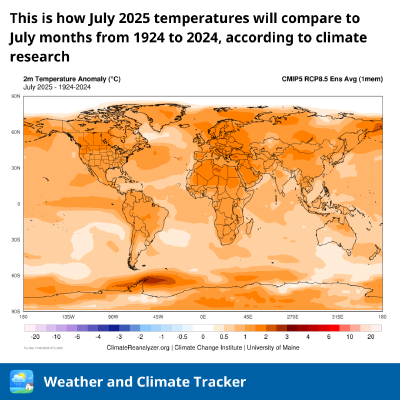
[Earth]
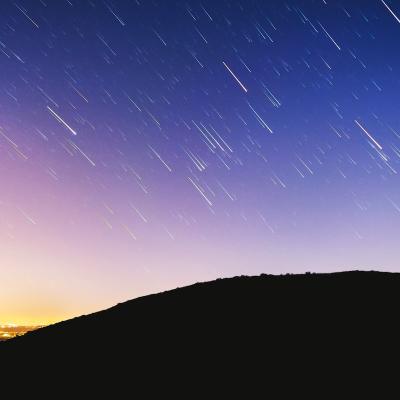
[Sky]
Late July meteor shower — don’t miss it! A meteor shower of Southern Delta Aquarids is expected to get the maximum force in the night sky on July 30. Scientists believe that the number of meteors can reach 25 per hour, and one will be able to observe them with the naked eye, provided the night is cloudless.
Read more...
[Sky]
What exactly are “White Nights” and what causes them? This is the name of the long twilight, which lasts all night. From an astronomical point of view, twilight is understood as a period of time when the Sun is shallow below the horizon. During the white nights, natural light remains high.
Read more...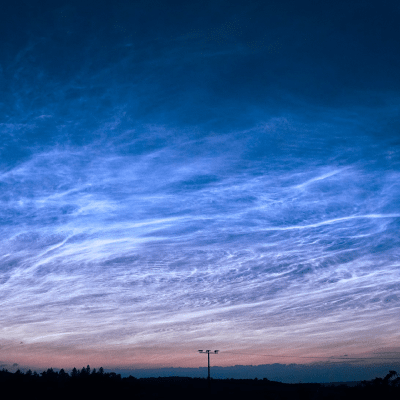
[Sky]
Silver clouds are not just an art installation by Andy Warhol, these actual clouds (also called NLC or noctilucent clouds) can be usually observed in summer until the end of July. Starting late May the end of the month of July it might be possible to see silver or, as they are also called, “polar” clouds in the sky over Northern Europe, Canada and the northern regions of Russia.
Read more...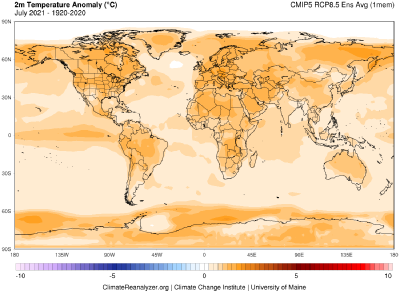
[Earth]
Here is how hot July 2021 is forecast compared to all July months from 1920 to 2020.
Read more...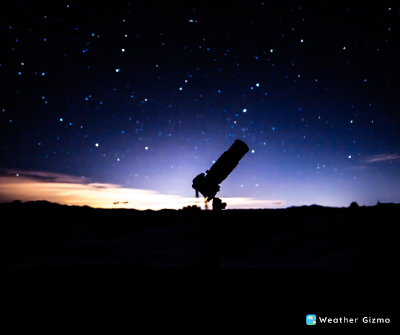
[Sky]
This is the planet that will be most interesting and easiest to observe throughout July. It will become the brightest by July 14, when it is in a confrontation with the Sun and is clearly visible in the night sky. If you arrange yourself with binoculars, you will be able not only to have a good look at the disk, but also to see 4 moons of Jupiter.
Read more...